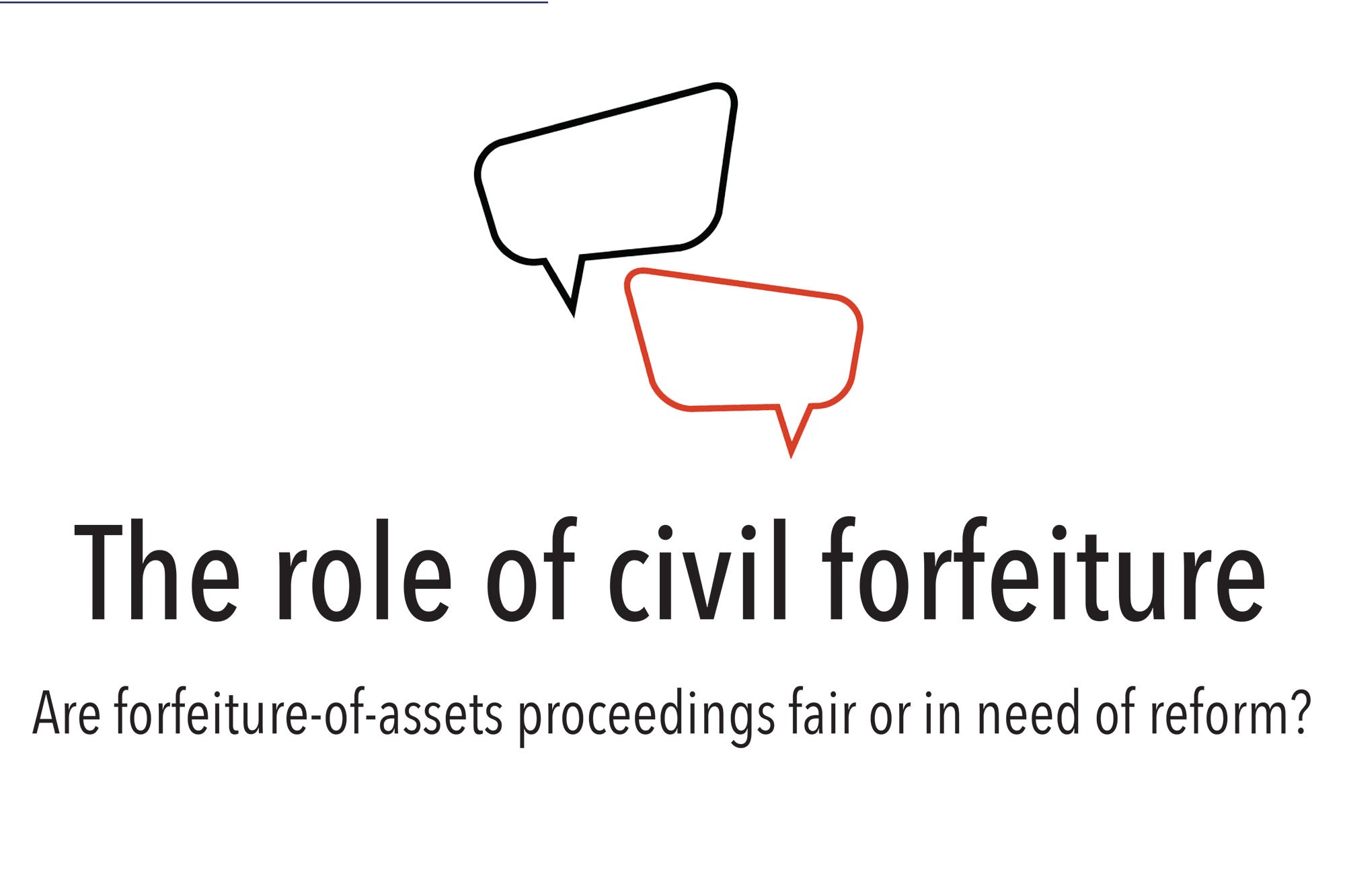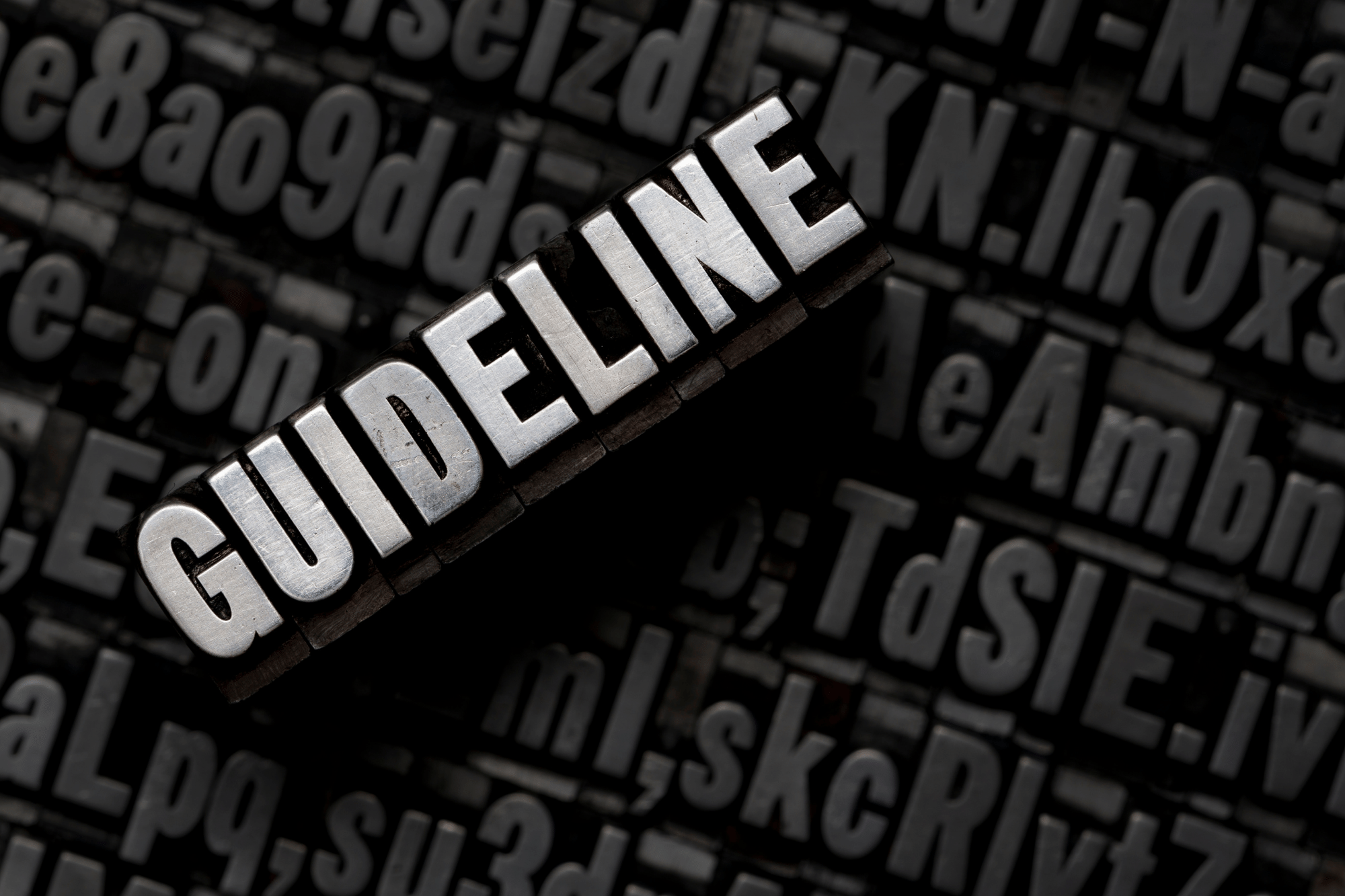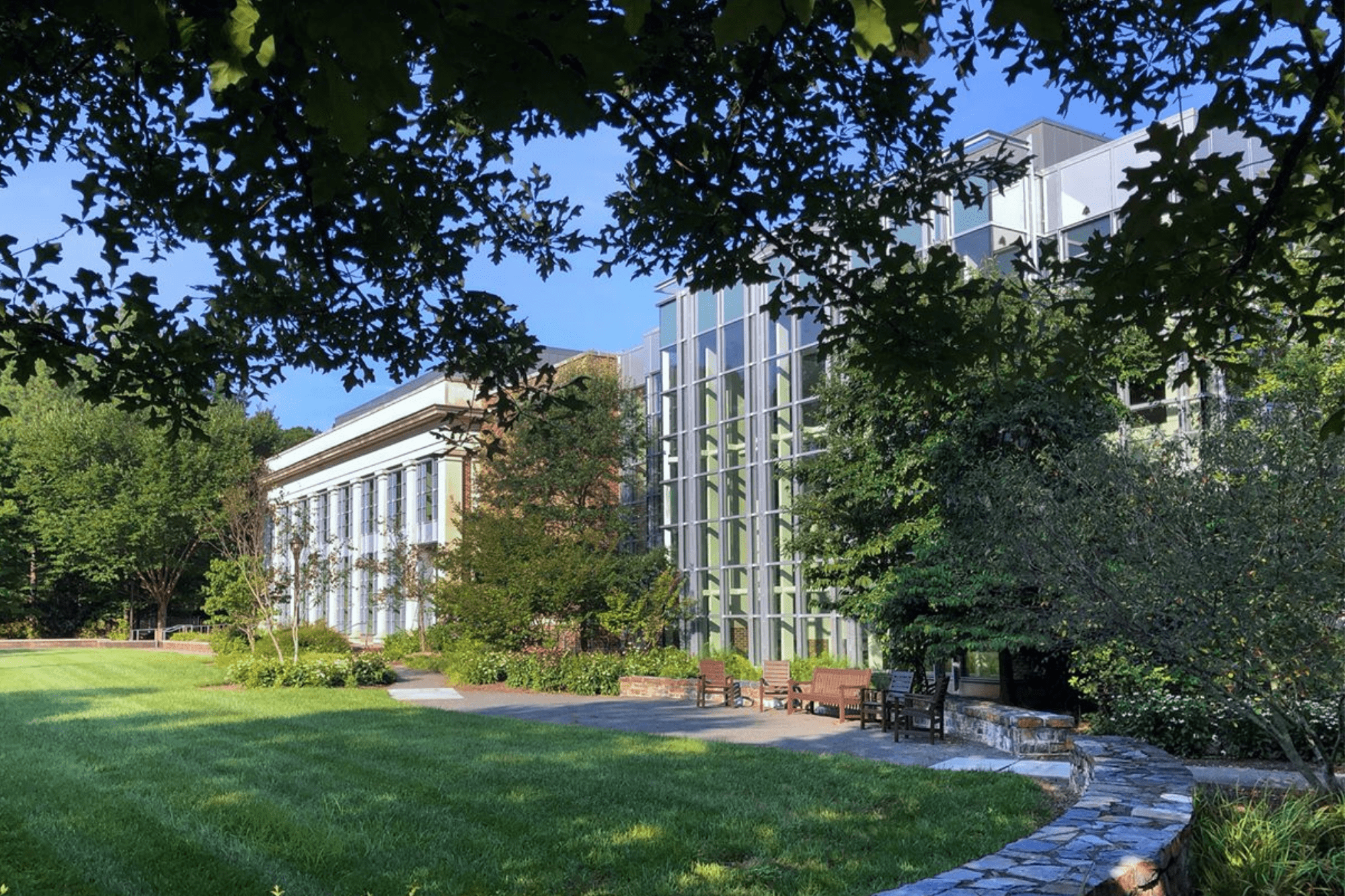 Point/Counterpoint
Point/Counterpoint
by Stefan D. Cassella and David B. Smith
Vol. 100 No. 4 (2016) | Steady As She GoesUnder federal law, property is forfeited if it is contraband, if it is an instrumentality of a criminal offense, or if it is constituting, derived from, or traceable to any […]
 Feature
Feature
The Winter 2016 edition of Judicature originally contained excerpts from the Guidelines and Best Practices Guidelines & Best Practices for Implementing the 2015 Discovery Amendments to Achieve Proportionality report published by […]
 Feature
Feature
by Steven S. Gensler and Lee Rosenthal
Vol. 100 No. 4 (2016) | Steady As She GoesRecommendations from the Bench and Bar in 17 Cities on Implementing the 2015 Proportionality Amendments 6 MONTHS. 17 CITIES. 20,000 MILES. From November 2015 to May 2016, the “Proportionality Roadshow” […]
 Case Note
Case Note
Cain v. City of New Orleans (15-cv-04479) brings into sharp relief issues threatening the judiciary’s legitimacy, while simultaneously providing a procedural roadmap applying the 2015 discovery-proportionality amendments — themes highlighted […]
 Feature
Feature
AMENDED RULE 37(e) OF THE FEDERAL RULES OF CIVIL PROCEDURE (“RULE 37(e)”) BECAME EFFECTIVE ON DEC. 1, 2015. It emerged as a pithy and focused restatement of the best thinking […]
 Feature
Feature
by Lee Rosenthal, Scott Dodson and Christopher L. Dodson
Vol. 104 No. 3 (2020-21) | Judges on the MarchTwo great forces are upon us. One is COVID-19, a highly infectious disease that has disrupted society around the globe.1 The other is the constant push of technological advancement, which […]
 Point/Counterpoint
Point/Counterpoint
by Brian Fitzpatrick and John H. Beisner
Vol. 104 No. 2 (2020) | Coping with COVIDShould conservatives embrace class actions as the alternative to government regulation for policing corporate misconduct? Affection for the class-action lawsuit has typically split along political lines, with conservatives traditionally balking […]
 Feature
Feature
by Michael M. Baylson and Cecily Harris
Vol. 101 No. 4 (2017) | Equal opportunity?Does jurisprudence prohibit judges from considering diversity when appointing lawyers to lead roles in complex litigation? Here’s a legal strategy judges can use to help give women and minority lawyers […]
 Perspective
Perspective
The Federal Rules of Civil Procedure should be abrogated. I speak not of the criticisms of the rules as a failure to ensure the just, speedy, and inexpensive determination of […]
 In Conversation
In Conversation
by David F. Levi, H. Jefferson Powell, Don R. Willett, Ernest A. Young, Margaret H. Lemos and Carolyn B. Kuhl
Vol. 101 No. 3 (2017) | Bold and Persistent ReformThese are interesting times for the judiciary. Tackling questions of judicial independence, the balance of powers, judicial selection methods, and more, a panel of Duke Law faculty and alumni judges […]